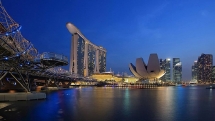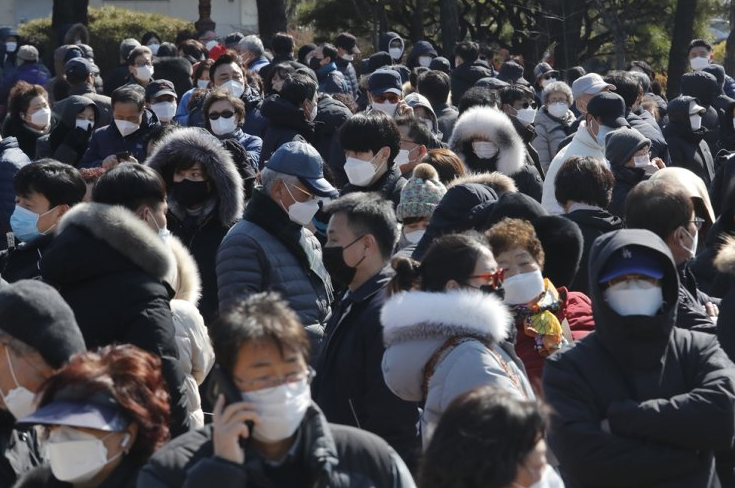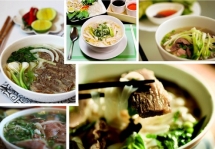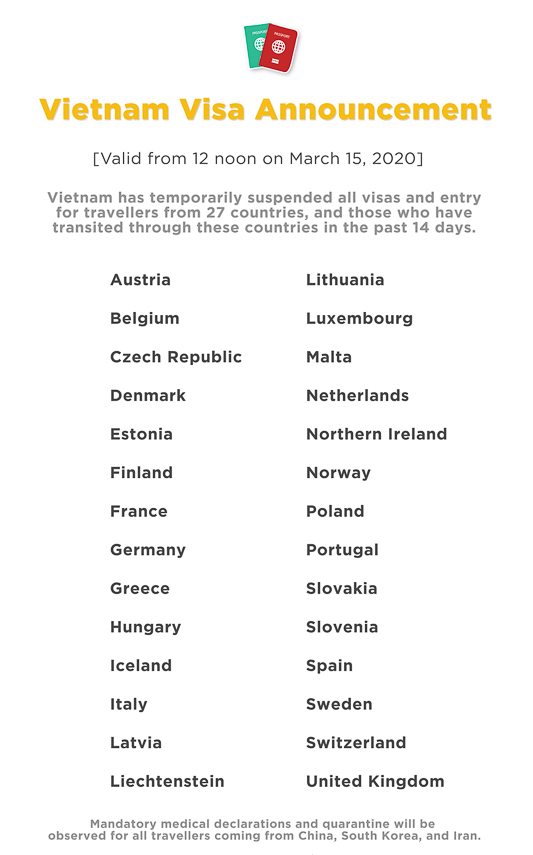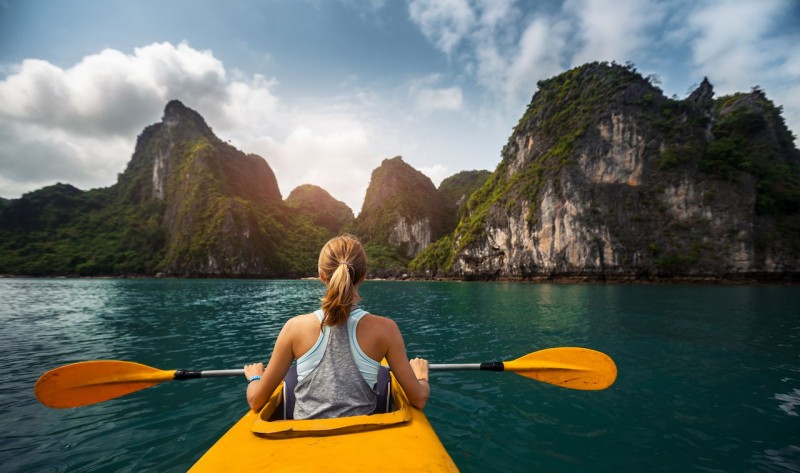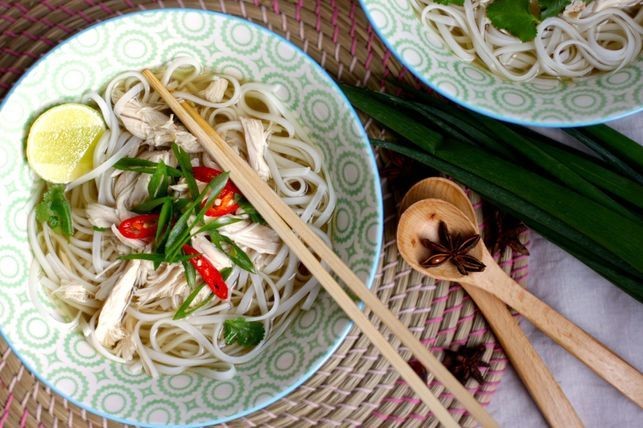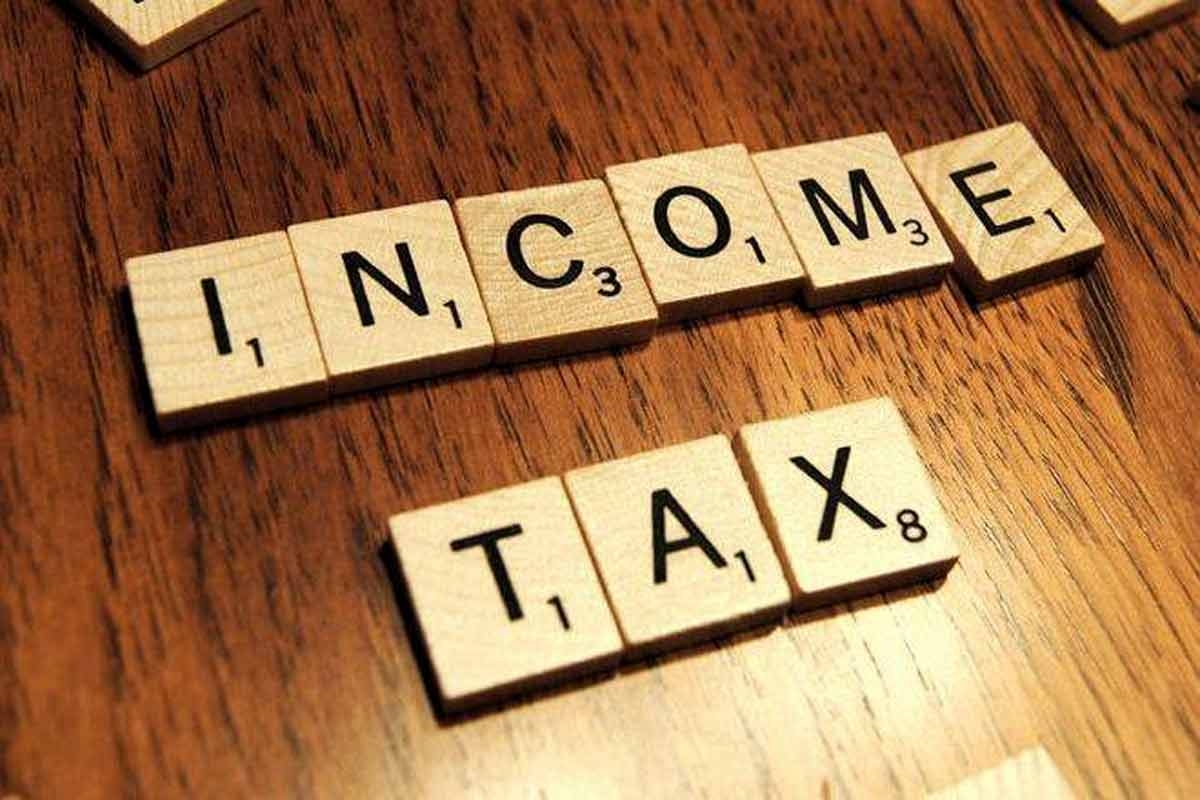Updated information for travellers entering Vietnam during this period of coronavirus outbreak time
 |
| (Photo source: Worldtravel) |
Travellers in Vietnam may have questions about the spread of the virus in Vietnam, as well as which destinations are still safe and open to visit. Below is a full overview of the COVID-19 situation in Vietnam summarized from Vietnam National Administration of Tourism as it relates to travellers.
Current snapshot of COVID-19 cases in Vietnam
| Confirmed infections | 66 |
| Recovered cases | 16 |
| Deaths | 0 |
| Suspected cases | 102 |
| Quarantined | 29,929 |
The first confirmed cases of COVID-19 appeared in Vietnam on Jan. 23, 2020. Of the confirmed cases that have appeared in Vietnam to date, 40 are Vietnamese, and the rest are foreigners.
Confirmed cases were located and quarantined in the northern province of Vinh Phuc, in Ho Chi Minh City, Hanoi, Nha Trang in Khanh Hoa province, Quang Ninh Province, Quang Nam Province, Binh Thuan, Lao Cai, Da Nang, Hue and Thanh Hoa.
Suspended visa exemptions for travellers to Vietnam
1) Travellers from the 26 Schengen countries, the UK and Northern Ireland, or those who have visited or transited through these countries in the past 14 days, will not be issued visas or allowed entry into Vietnam. This also applies to those who currently hold visas or visa letters.
2) Vietnam has suspended visas on arrival for all foreign nationals. This applies to all new applicants, except those travelling for diplomatic or official purposes. Those who currently hold visas to enter Vietnam will need to undergo medical checks and may be quarantined before being allowed to enter the country.
|
|
Countries with more than 500 confirmed cases of COVID-19, or more than 50 new cases per day, can also expect to have visa exemptions to Vietnam suspended at this time. Vietnam may refuse to grant visas to travellers showing symptoms of COVID-19.
With special exceptions only, all travellers arriving from and who have transited through mainland China, South Korea or Iran within the past 14 days will be refused entry to Vietnam at this time.
Medical checks and quarantines
From March 7, all inbound travellers coming to Vietnam will be required to submit a health declaration upon arrival. Travellers can fill out the declaration at the airport or submit it in advance at this link.
Travellers showing symptoms of COVID-19 or those arriving from countries with outbreaks of the virus will be required to carry out medical checks, and may be placed in a 14-day quarantine at designated health facilities in Vietnam.
All visitors are required to comply with regulations on epidemic prevention and health screening upon landing in Vietnam’s airports.
Flights changes related to COVID-19 in Vietnam
Since February 1, all flights to and from mainland China on all airlines have been indefinitely suspended by the Civil Aviation Administration of Vietnam. Flights connecting to Macau, Hong Kong and Taiwan are operational with many airlines running reduced routes.
Vietnam Airlines and Bamboo Airways have suspended flights between South Korea and Vietnam, while other airlines have reduced flights between the two countries. Jetstar Pacific will suspend flights from Da Nang to Kaohsiung and Taipei from March 5 to 31, while Vietjet will suspend flights between Vietnam and Korea from July 7.
Closures and cancellations due to COVID-19
A number of festivals and events in Vietnam have been cancelled or postponed in alignment with the government’s directive to avoid public gatherings.
Organizers have announced that several tourism and sporting events will be postponed or cancelled:
-
Huế Festival 2020 - Postponed to August 28, 2020
-
F1 Vietnam Grand Prix - Postponed
-
Da Lat Sufferfest - Postponed
-
Quang Binh Marathon - Postponed
-
Techcombank Ha Noi Marathon - Postponed
-
Sunrise Sprint - Postponed to May 3, 2020
-
Da Nang International Fireworks Festival 2020 - Cancelled
-
Da Lat Ultra Trail 2020 - Postponed to June 19-21, 2020
Pedestrian and walking zones in Hue and Hanoi — common gathering places for locals and tourists — will be closed until the situation improves. Tourism sites across the country are also setting aside closure days to disinfect their premises.
NOTE: From now to March 26, Ha Long Bay, Cat Ba, Bai Tu Long Bay, and tourism sites in Ninh Binh will not be receiving guests. The Hoi An Ancient Town is not selling tickets to visitors, and has suspended its pedestrian and cycling street hours until the end of March 2020.
Preventative steps by the Vietnamese government
Vietnam’s Prime Minister officially declared COVID-19 an epidemic in Vietnam on Feb. 1, 2020. Although confirmed cases remain low within the country, authorities are taking swift and strict preventative measures to contain the virus. The government has formed a National Steering Committee for COVID-19 Prevention and Control to direct efforts and communicate to the public.
The National Steering Committee has launched an online management and administration centre for COVID-19 diagnosis and treatment, and on March 6, Vietnam announced it will produce 10,000 COVID-19 test kits daily.
In addition to these, many private Vietnamese businesses, residential complexes and tourist accommodations have installed their own preventative measures to keep customers safe.
Vietnam's Ministry of Health has ordered all Vietnamese and foreigners in the country to wear face masks on flights, in airport terminals, and in crowded public places such as supermarkets, bus stations, and public transport vehicles in an effort to combat the spread of the virus.
Health and safety precautions for travellers
Travellers in Vietnam are encouraged to take sensible precautions against COVID-19 during their trips.
The World Health Organization outlines these basic practices to keep yourself and your loved ones safe:
Avoid travelling if you have a fever and cough. If you have fever, cough, and difficulty breathing, alert health care services and share with them your recent travel history.
Maintain social distancing. Stay a metre or more away from others, especially those who are sneezing or coughing, or have fever.
Wash your hands regularly with soap and running water. You can also use an alcohol-based hand-sanitizer to spray your hands as often as you like.
Cover your mouth and nose with tissue when you cough or sneeze. Dispose of dirty tissues immediately and wash your hands after coughing or sneezing.
Avoid contact with live animals. Wash your hands with soap and water if you touch live animals or animal products in markets.
Eat only well-cooked food. Make sure your meals especially animal proteins and dairy products are thoroughly cooked and prepared in a sanitary environment.
Discard single-use masks. If you choose to wear a single-use mask, ensure it covers your nose and mouth, avoid touching the mask, and wash your hands after removing it.
Any travellers experiencing symptoms of the virus — fever, cough and difficulty breathing — should immediately call Vietnam’s health hotline: 19003228.
The information above is compiled by the Vietnam Tourism Advisory Board as a public service for travellers in early 2020. This article will be updated daily with new information from Vietnam’s health, tourism and aviation authorities.
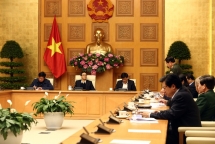
Compulsory health declaration for all incoming travellers All people coming to Vietnam will have to declare their health beginning 6 am on March 7, according to the Steering Committee for COVID-19 Prevention ...
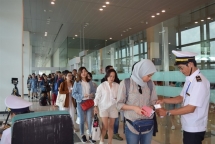
Travellers from EU and Cambodia: Medical declarations implemented The Ministry of Health has requested provincial or municipal People's Committees to get medical declarations on COVID-19 from visitors coming from or traveling through the ...
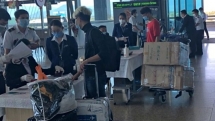
Vietnam, China coordinate to bring back Chinese travelers affected by flight suspension Sitting by a boarding gate at Noi Bai International Airport in the Vietnamese capital of Hanoi on Saturday afternoon, Chi Yanni was waiting for a ...
Recommended
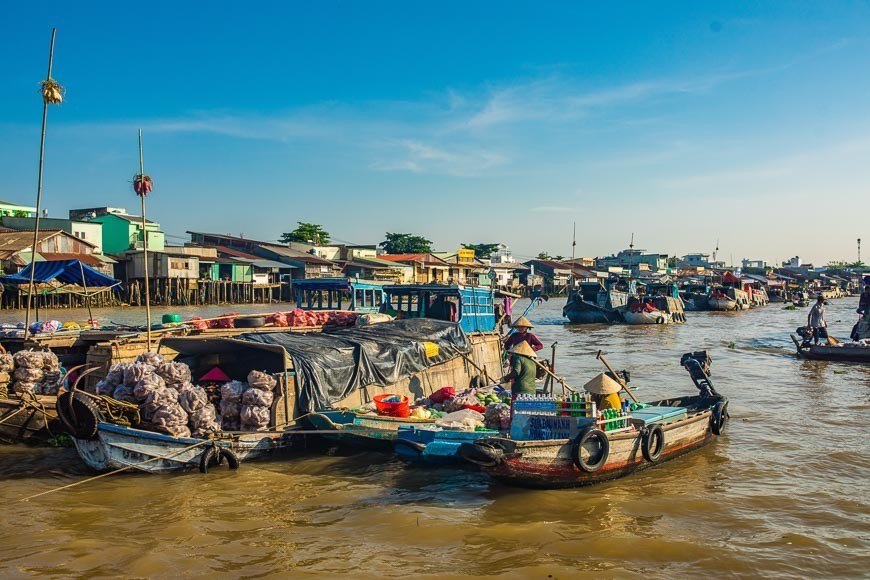 Travel
Travel
Vietnam Through Australian Eyes: Land of Flavor, Warmth, and Timeless Charm
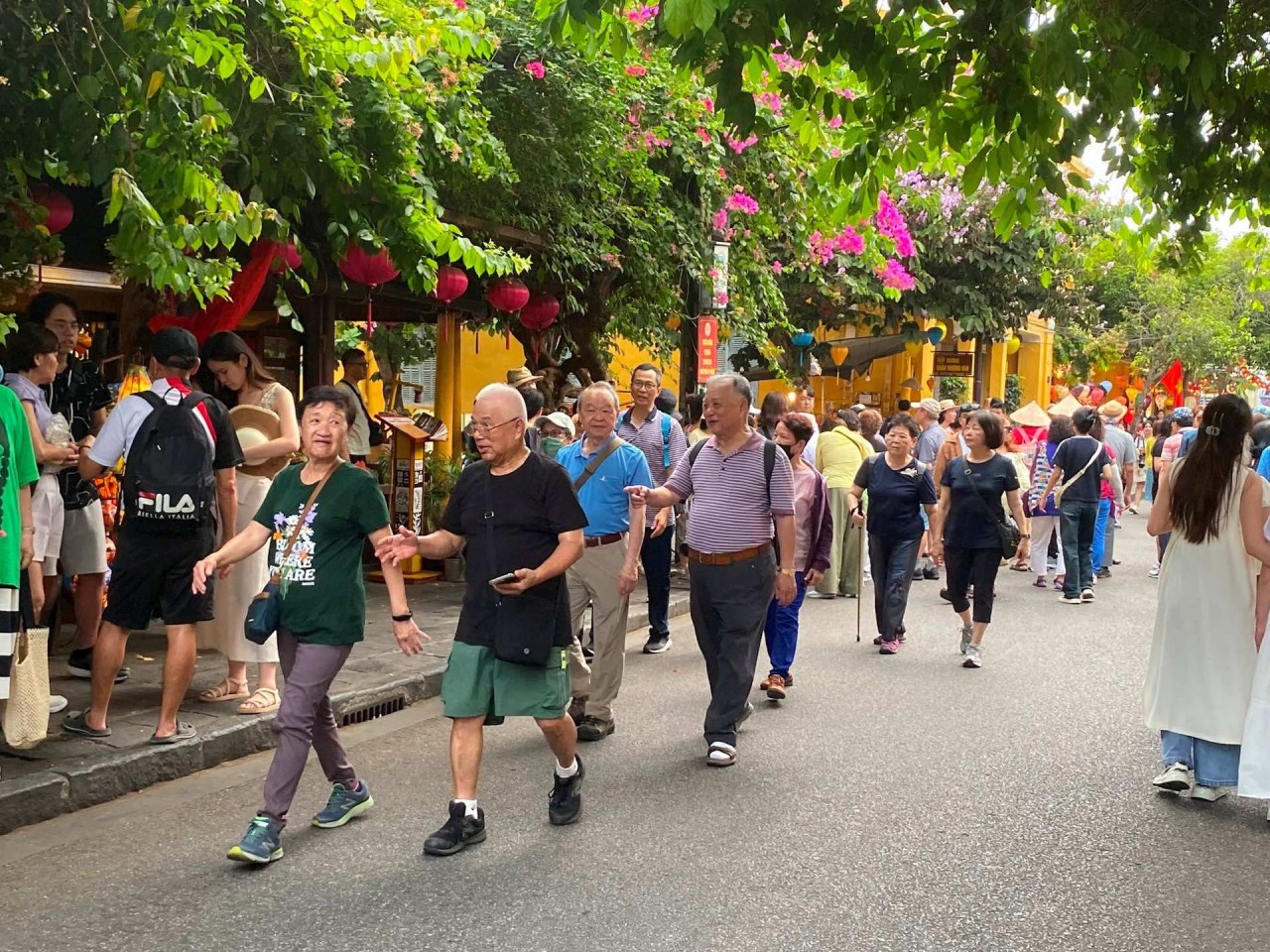 Travel
Travel
Strategies for Sustainable Growth of Vietnam’s Tourism from International Markets
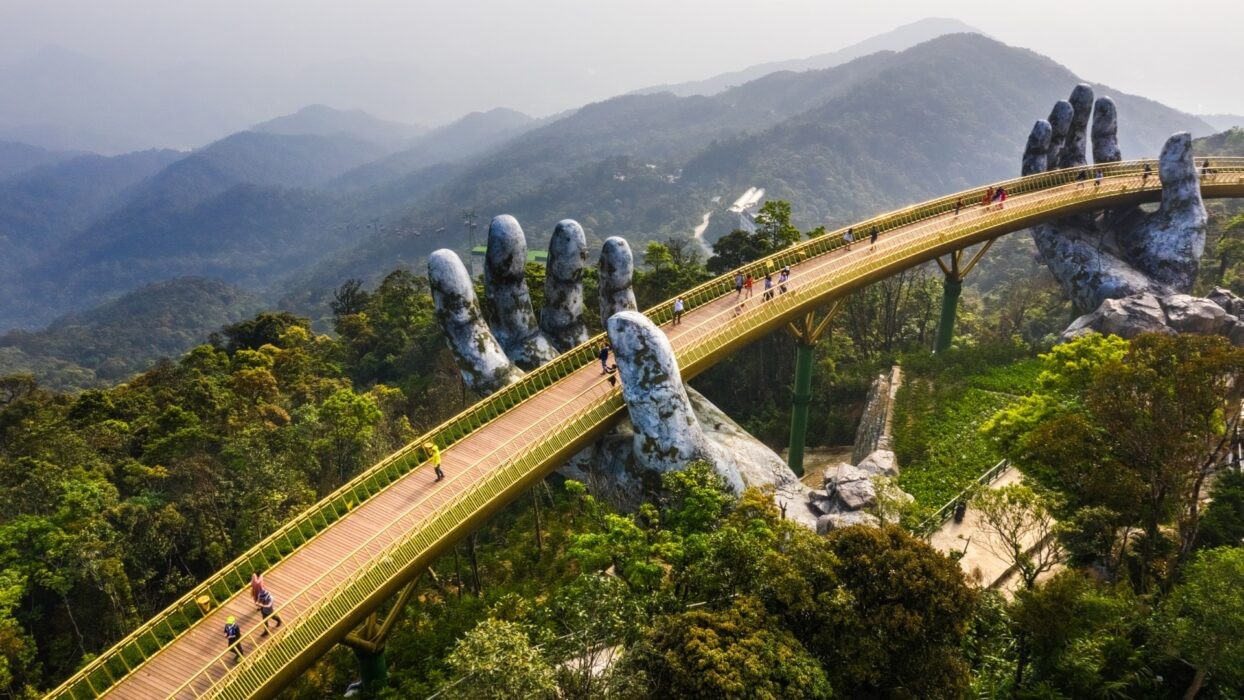 Travel
Travel
Vietnam Strengthens Its Presence On The Global Tourism Map
 Multimedia
Multimedia
Phong Nha-Ke Bang National Park Named Top Adventure Travel Site
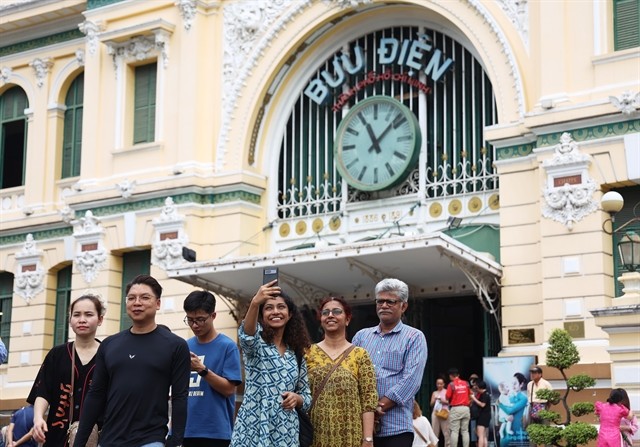 Travel
Travel
Vietnam Welcomes Record-High Number of International Visitors
 Travel
Travel
Luxury Train From Hanoi To Hai Phong To Be Launched In May
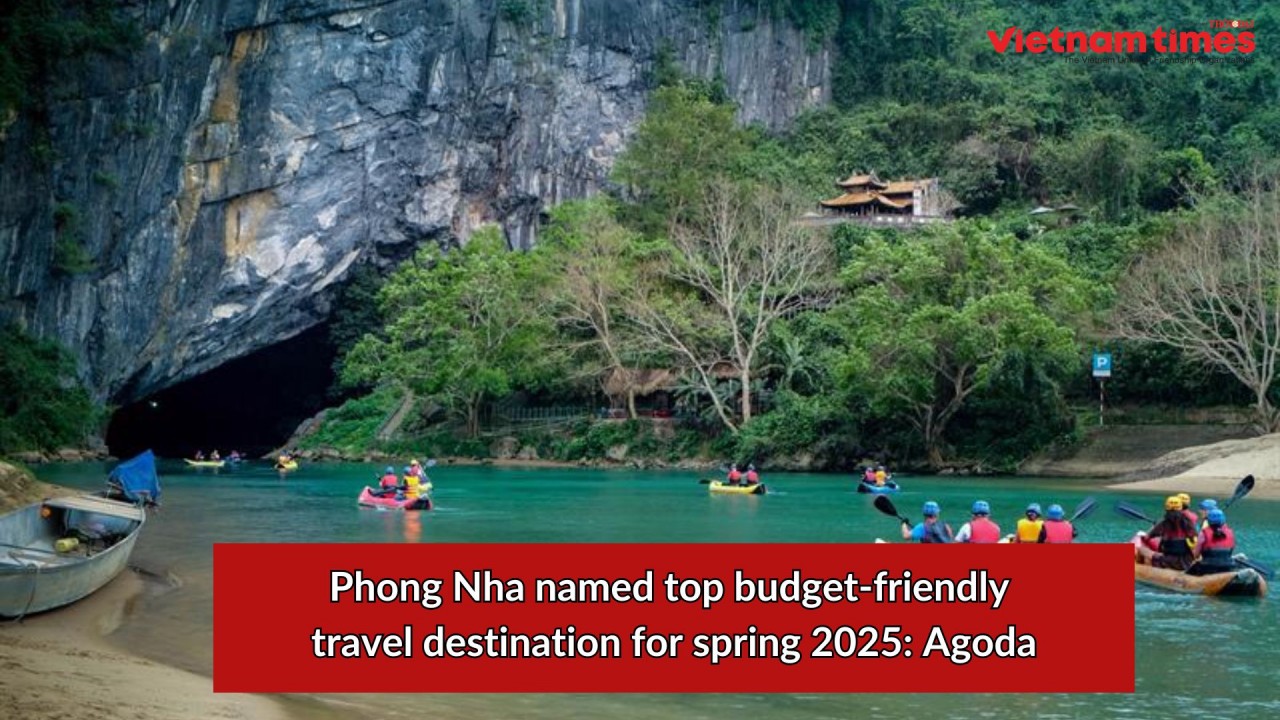 Travel
Travel
Phong Nha Named Top Budget-Friendly Travel Destination for Spring 2025: Agoda
 Travel
Travel

